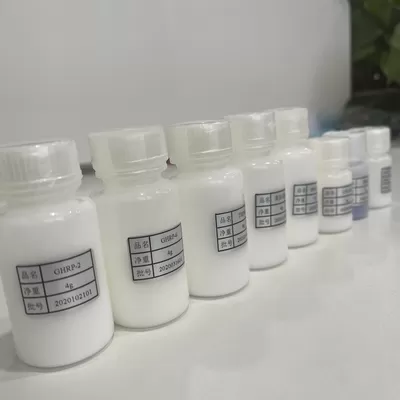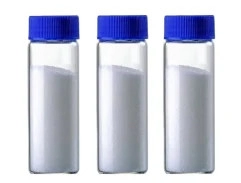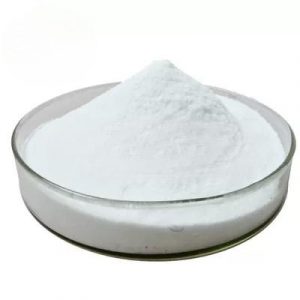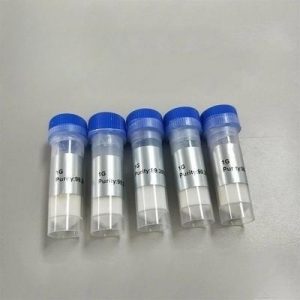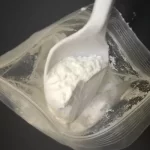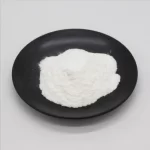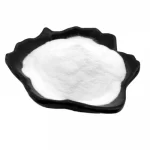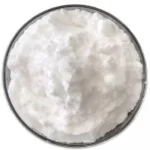Description
Best Quality Synthetic Anti Cancer Pnc-27 Pnc27 Peptide
Description
| Name: | PNC-27 | CAS No.: | N/A |
|---|---|---|---|
| Storage: | -20°C | Appearance: | Lyophilized Powder In Vials, And Raw Powder |
| MOQ: | 100mg, 1g | Shelf Life: | 1 Year. |
| Purity: | 95% Min | Note: | Need To Be Customized For 2 Weeks. |
| High Light: |
Anti Cancer Pnc 27 Peptide, 95%min Pnc 27 Peptide |
||
Best Quality Synthetic Anti cancer Pnc-27 Pnc27 Peptide
For scientific research use only. Not for human consumption.
Supply both raw powder and lyophilized powder in vials.
Lead time of raw powder is 2 week after paid, lyophilized powder need to wait for 3 weeks after paid.
Sequence: PPLSQETFSDLWKLL
Storage -20C
What is PNC-27?
PNC-27 is a membrane-active peptide that binds to the HDM-2 protein expressed in the cancer cell membranes of solid tissue tumor cells and induces transmembrane pore formation in cancer, but not in normal cells, resulting in tumor cell necrosis that is independent of p53 activity in these cells.
PNC-27 is a peptide that contains p53 protein amino acid residues 12-26 of its HDM-2 binding domain attached to a transmembrane-penetrating sequence, also called the membrane residency peptide (MRP). Both PNC-27 and PNC-28 (which has a sequence that is identical to that of PNC-27 but lacks the first six amino acid residues of PNC-27 (i.e., p53 residues 17-26) are lethal to a wide variety of cancer cells with IC50 values ranging from around 75 ug/ml (18.6 uM) to 200 ug/ml (50 uM). On the other hand, neither peptide affects normal or untransformed cells in culture, including human hematopoietic stem cells even at the highest doses (around 500 ug/ml) tested. The latter finding suggests that both peptides would not be toxic to bone marrow function in contrast to the effects of many chemotherapeutic agents.

